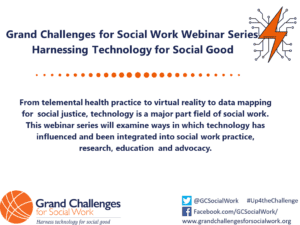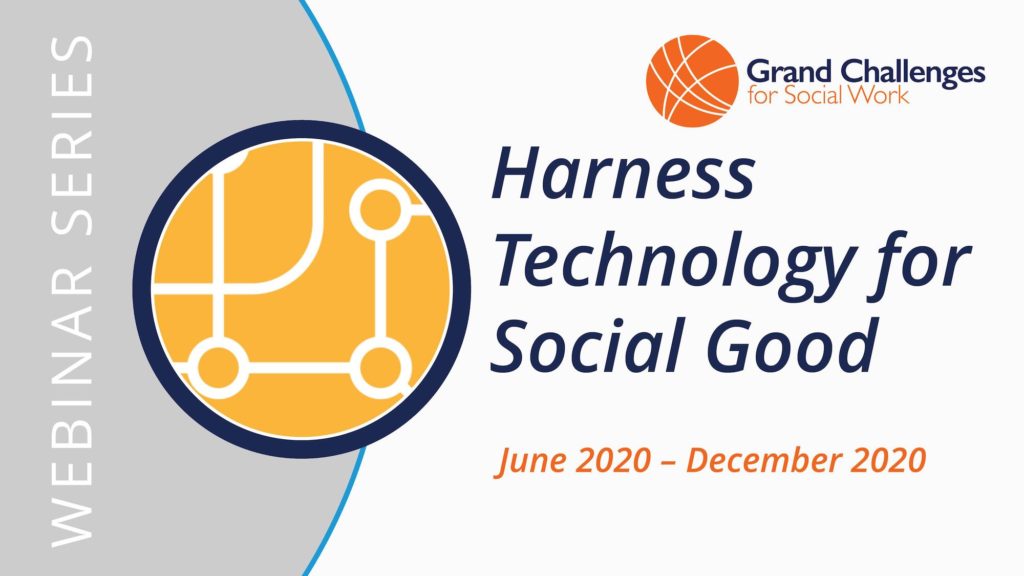
Telemental Health: What digitally curious social workers need to know by Lauri Goldkind, Lea Wolf, Nickolas Davis, Caroline Artley. Learn about the opportunities and challenges of telemental health and e-Therapy from practicing social workers. Presenters discuss the nuances of building relationships via email, messaging and video as well as the differences between practicing on a direct to consumer telehealth platform versus other ways of reaching clients. Watch Here.
Intimate Relationships, Technology & Abuse: What a Gender-Based Violence Framework Can Teach Us About Onlinex Danger by Megan Lindsay Brown.
Despite a large body of research examining online harassment, cyberstalking, and specific technology-based abuse (TBA) among youth, there is a dearth of research examining the experiences of adult victims. This presentation will discuss the history of the literature, specifically delving into the way technology theories map onto and build from the existing body gender-based violence research. Findings from a group of domestic violence survivors will be presented demonstrating the associations between TBA and intimate partner violence. Watch Here.
Using Digital Mapping Technologies to Inform About COVID-19 by Tom Felke (also part of Covid series).
Digital mapping technologies provide visual tools for illustrating and sharing information during times of crisis such as the COVID-19 pandemic. This webinar will provide an overview of current spatial mapping technologies and considerations for their use. Case examples from Florida will illustrate the mapping of both health-related data and community resource data. Watch Here.
Harnessing Thanatechnology to Cope with Illness, Death, and Grief by Carla Sofka (also part of Covid series).
Although the use of thanatechnology (digital and social media to cope with life-threatening and chronic illness, death, and grief) is not new, the COVID-19 pandemic has heightened its relevance. This webinar will summarize ways that digital and social media can be used to assist with informational, emotional, and instrumental social support and describe the importance of planning for one’s digital legacy. In addition to guidance about ‘netiquette’, the pros and cons of using thanatechnology will be identified. Watch Here.
Digital Mapping for Public Good by Tom Felke
The use of digital mapping technologies have seen sporadic use in social work practice. This webinar will provide an overview of various digital mapping technologies for the collection, analysis, and sharing of data. Participants will be shown how to utilize freely available digital mapping tools available online. Watch Here.
Developing an evidence-based method for deliberate practice of child welfare skills using technologically supported in-person and virtual reality (VR)-based simulations by Chad McDonald, Matt Davis, Christopher Cajski and Cole Benson. This webinar addresses two platforms that are used in tandem in western states to help develop the necessary skills of current and prospective child welfare workers. These two platforms are a technologically driven simulation lab training and a virtual reality (VR) learning platform that leverages key aspects of Deliberate Practice theory in order to maximize engagement, while also providing immediate feedback for both the learners as well as the observers on their performance and ability to recognize when the target practice behaviors are properly demonstrated. Watch Here.

